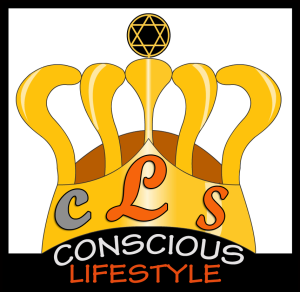Blog
Cardiac arrest
- April 21, 2007
- Posted by: admin
- Category: Medical system
What is cardiac arrest?
Cardiac arrest is a sudden loss of blood flow resulting from the failure of the heart to pump effectively.
Signs include loss of consciousness and abnormal or absent breathing.
Some individuals may experience chest pain, shortness of breath, or nausea before cardiac arrest.
Prevention includes not smoking, physical activity, and maintaining a healthy weight.
Proverbs 4:23:
Keep your heart with all diligence, For out of it spring the issues of life
Why do cardiac arrests happen?
Cardiac arrest may be caused by almost any known heart condition.
Most cardiac arrests occur when a diseased heart’s electrical system malfunctions. …
A thickened heart muscle (cardiomyopathy) Damage to the heart muscle can be the result of high blood pressure, heart valve disease or other causes.
Can sudden cardiac arrest be prevented?
Death is best treated by prevention.
On a psychological level:
Cardiac arrest is in the catigory cardiovascular diseases,
and most of the diseases which affects the cardiovascular system take their root from the state of not being able to handle stress,
distress, bitterness of heart, failing to forgive, jealousy, anger, hate etc…
Most sudden death is associated with heart disease,
so the at-risk population remains males older than 40 years of age who smoke, have high blood pressure, and diabetes (the risk factors for heart attack).
Treatment for cardiac arrest includes immediate cardiopulmonary resuscitation (CPR) and, if a shockable rhythm is present, defibrillation.
Among those who survive, targeted temperature management may improve outcomes.
Signs and Symptoms of Sudden Cardiac Arrest:
Fatigue or weakness.
Shortness of breath.
Fainting.
Dizziness or lightheadedness.
Heart palpitations.
Chest pain.
